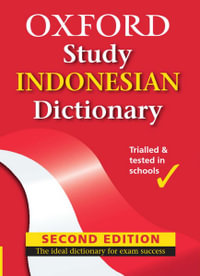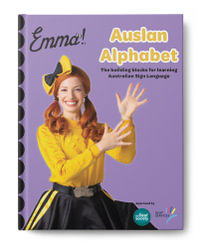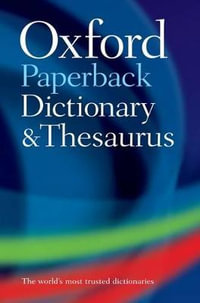While other books focus on special internet registers, like tweets or texting, no previous study describes the full range of everyday registers found on the searchable web. These are the documents that readers encounter every time they do a Google search, from registers like news reports, product reviews, travel blogs, discussion forums, FAQs, etc. Based on analysis of a large, near-random corpus of web documents, this monograph provides comprehensive situational, lexical, and grammatical descriptions of those registers. Beginning with a coding of each document in the corpus, the description identifies the registers that are especially common on the searchable web versus those that are less commonly found. Multi-dimensional analysis is used to describe the overall patterns of linguistic variation among web registers, while the second half of the book provides an in-depth description of each individual register, including analyses of situational contexts and communicative purposes, together with the typical lexical and grammatical characteristics associated with those contexts.
Industry Reviews
'By applying the multidimensional analysis framework to web registers, Biber and Egbert offer a long overdue full picture of language variation for what have probably become the most frequent ways modern society engages with language. This book is a valuable contribution not only to corpus linguistics and register studies but to modern linguistics as a whole.' Andrea Nini, University of Manchester
'Overall, this monograph is impressive in extracting multi-dimensions to account for the register variation on the Web. Given its persuasive elaboration and innovative insights, this monograph is an invaluable asset for researchers and students in register variation, discourse analysis, corpus linguistics and other related studies.' Danping Wu, Discourse Studies








![Collins Easy Learning Complete French Grammar, Verbs and Vocabulary (3 Books In 1) [2nd Edition] : Collins Easy Learning French - Collins Dictionaries](https://www.booktopia.com.au/covers/200/9780008141721/5905/collins-easy-learning-complete-french-grammar-verbs-and-vocabulary-3-books-in-1-2nd-edition-.jpg)







![Collins English Dictionary Complete and Unabridged Edition [14th Edition] : More Than 730,000 Words Meanings and Phrases - Collins Dictionaries](https://www.booktopia.com.au/covers/200/9780008511340/0814/collins-english-dictionary-complete-and-unabridged-edition-14th-edition-.jpg)







